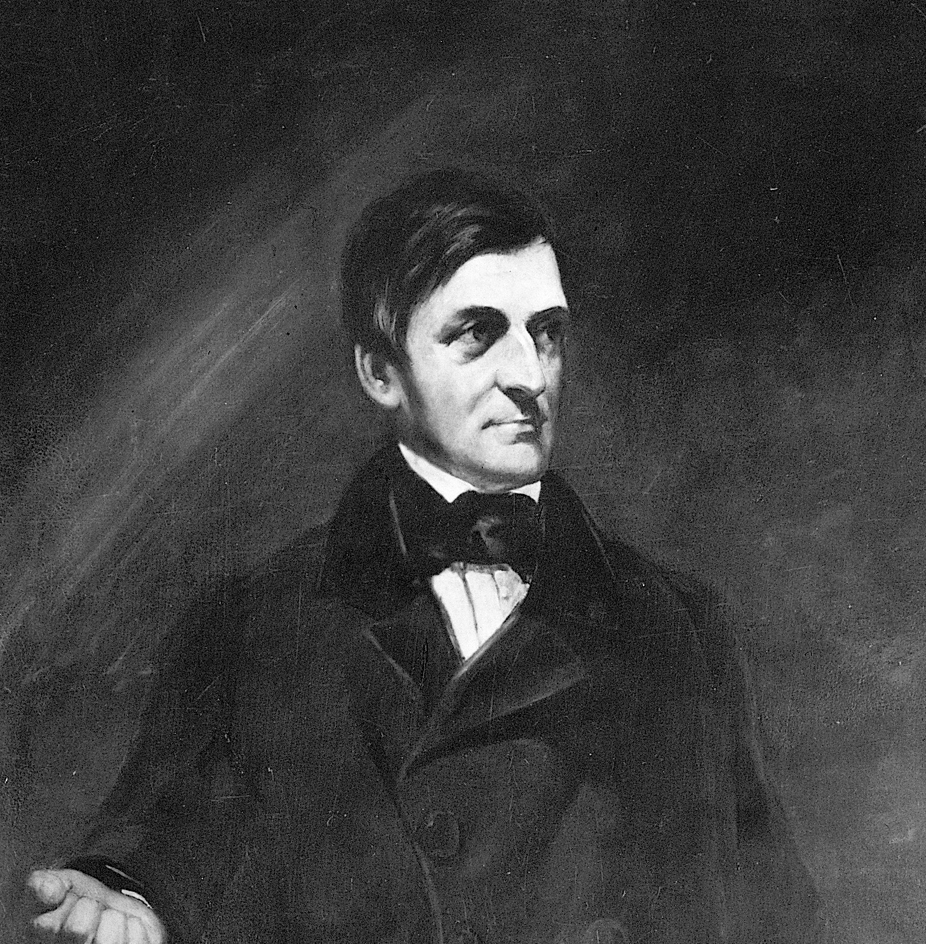Transcendentalism was a philosophy that became influential during the late 1700’s and 1800’s. It was based on the belief that knowledge is not limited to and solely derived from experience and observation. It thus opposed the philosophy of Empiricism—that knowledge comes from experience. Transcendentalism also stated that the solution to human problems lies in the free development of individual emotions.
According to Transcendentalism, reality exists only in the world of the spirit. What a person observes in the physical world are only appearances, or impermanent reflections of the world of the spirit. People learn about the physical world through their senses and understanding. But they learn about the world of the spirit through another power, called reason. The Transcendentalists defined reason as the personal, independent, and intuitive capacity to know what is absolutely true.
Elements of Transcendentalism can be found in the Neoplatonic philosophy of ancient Greece (see Neoplatonism ). But the chief source of Transcendentalist ideas was the Critique of Pure Reason (1781) by the German philosopher Immanuel Kant.
In the United States, Transcendentalism became both a philosophy and a literary, religious, and social movement. It began among Unitarians in New England and reached its peak during the 1840’s. Ralph Waldo Emerson was the leading American Transcendentalist. He taught that the physical world is secondary to the spiritual world. But, said Emerson, the physical world serves humanity by providing commodity, beauty, language, and discipline. Emerson believed that people should learn as much as possible through observation and science. But he insisted that they should adjust their lives primarily to the truths seen through reason.

Emerson and his followers believed that human beings find truth within themselves, and so they emphasized self-reliance and individuality. They believed that society needs to be reformed. They argued that to learn what is right, a person must resist custom and social codes and rely on reason. The Transcendentalists believed that the doctrines and organized churches of orthodox Christianity interfered with the personal relationship between a person and God. The Transcendentalists said that individuals should reject the authority of Christianity and gain knowledge of God through reason.
The American Transcendentalists never became numerous, but their writings greatly influenced American intellectual history and literature. Besides Emerson, the leading American Transcendentalists included Bronson Alcott, Margaret Fuller, Theodore Parker, and Henry David Thoreau.
